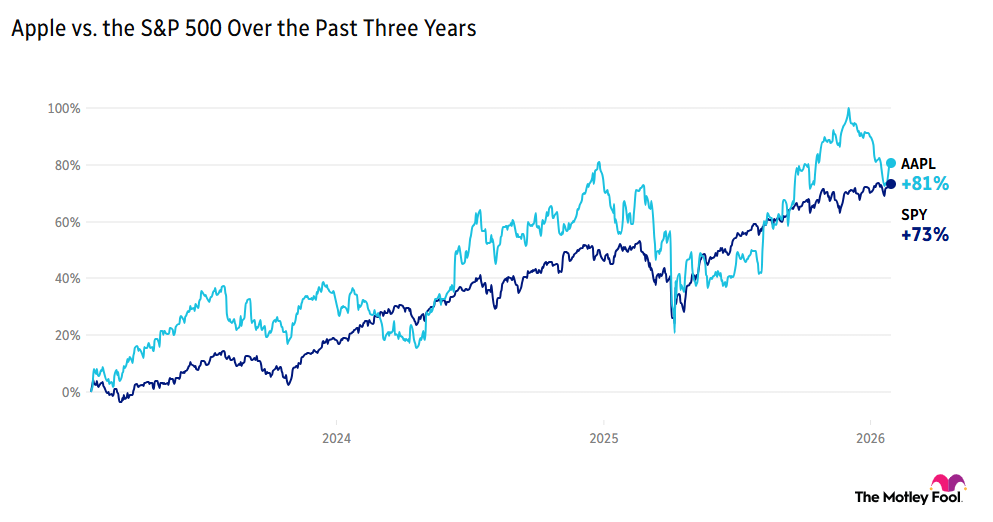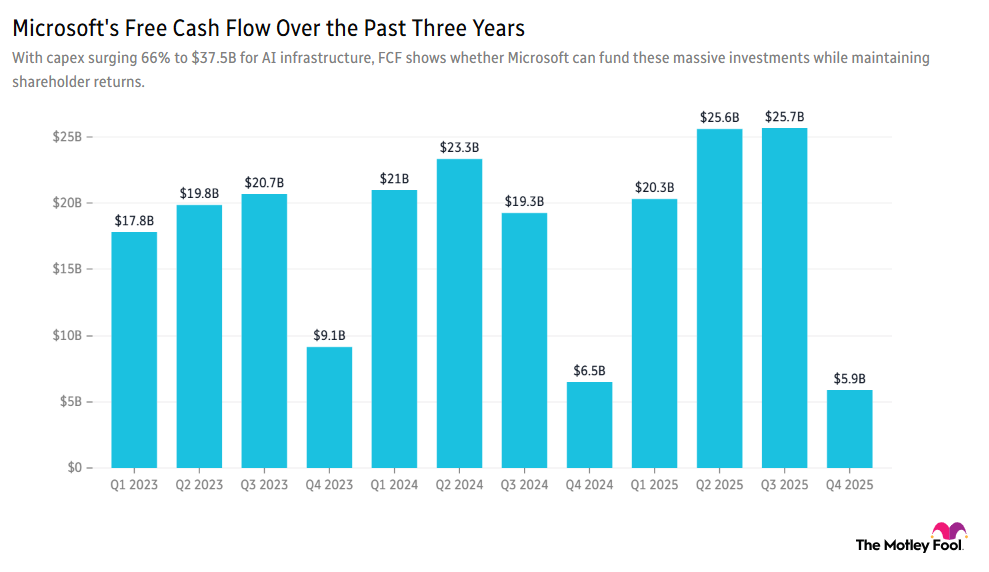
Breakfast News: Energy Boost
May 23, 2025
| Thursday's Markets |
|---|
| S&P 500 5,842 (-0.04%) |
| Nasdaq 18,926 (+0.28%) |
| Dow 41,859 (-0%) |
| Bitcoin $111,136 (+2.51%) |
With markets closed Monday for Memorial Day, Breakfast News will be back in your inbox on Tuesday, May 27.

Source: Image Created by Jester AI.
1. Nuclear News Powers Oklo and NuScale
Nuclear stocks Oklo (OKLO 7.46%) and NuScale Power (SMR 7.61%) jumped over 15% after the market closed thanks to news that President Trump could sign executive orders to boost the industry.
- Nuclear only generates 18% of total U.S. electricity generation capacity: The orders are supposedly geared around easing regulatory processes on approvals for new reactors and bolstering fuel supply chains, following the declaration of an energy emergency from President Trump on his first day in office.
- Broad bipartisan support could aid the sector: Related stocks could benefit from easier funding for capex projects with a likely boost from the energy department's loan programs office.
2. Trade Talk Updates From E.U. and China
The Trump administration is reportedly stepping up pressure on the European Union to make unilateral tariff reductions, with the current offering of mutual tariff removals not enough to avoid the looming reciprocal duties that are currently paused until July 8.
- "Both sides need to work to resolve the current tariffs situation": Olof Gill, an E.U. trade spokesman, reiterated the bloc wants a fair trade deal. Some believe the U.S. will maintain a baseline 10% levy regardless, something many E.U. trade ministers say it would trigger retaliation.
- Chinese talks continue post Geneva: Senior officials from both the U.S. and China agreed to keep lines of communication open following the first call since sitting down in person earlier in May. Even though there's currently no breakthrough, investors will likely see this as a positive sign.
3. Guidance Changes Hit DECK and WDAY, but Aid INTU
Hidden Gems recommendation Deckers Outdoors (DECK +19.46%) fell over 15% after the market closed, after management pulled full-year guidance on tariff worries. The results were otherwise decent, reporting a 6.5% increase in sales for the quarter, with earnings beating estimates.
- Agentic AI push continues: Workday (WDAY +0.56%) is down almost 7% ahead of the market opening despite having a 13% uplift in subscription revenue and a high revenue retention rate. However, guidance for the coming quarter was below estimates, disappointing investors.
- "We have exceptional momentum with outstanding performance across our platform": Intuit (INTU 0.94%) popped 8% after the closing bell thanks to strong earnings and raising the full-year outlook. A highlight was TurboTax Live, with revenue increasing by 47% versus last year, now representing 40% of total consumer group sales.
4. Eyes on Booz Consulting Contracts
Booz Allen Hamilton (BAH 0.35%) will release results before the market opens, with investors hoping for a repeat of the strong beat from last quarter and eyes on U.S. government agency spending.
- 98% of revenue from long-term government contracts: Investors will be watching to see if any impact from government cost-cutting is impacting the business, or if the pivot to consulting on areas such as AI and cybersecurity are remaining a competitive edge.
- A recent 'radar stock' for our CIO: On last Friday's Motley Fool Money podcast, Andy Cross flagged Booz Allen Hamilton has "a very large backlog of $39 billion, they have a book-to-bill ratio of 1.4x, that's the highest we've seen in six years, they have an expanded partnership in AWS."
5. Food for Thought
In the 1950s, half of children with cystic fibrosis (CF) died before starting school. Even just earlier this century, life expectancy was around 33 years. Now children with CF being treated with Vertex Pharmaceuticals' (VRTX 1.22%) drugs are expected to live near-normal lifespans.
Vertex's Trikafta/Kaftrio costs about $322,000 a year in the U.S., although it is perhaps only about a third that price in the U.K. One day it will go off patent and become far less expensive, but that won't happen for many years. Is that too much to ask for a medicine that has made such a difference in the lives of people with CF? Is the price differential between the U.S. and the rest of the world a problem, and if so, whose problem is it?












